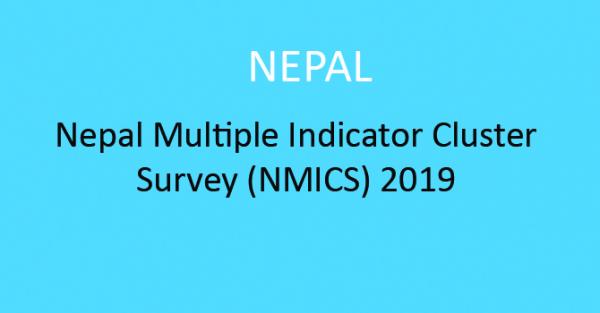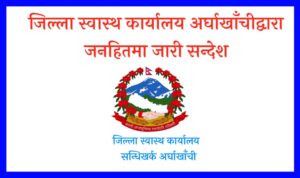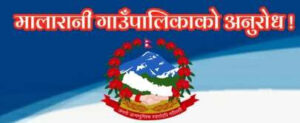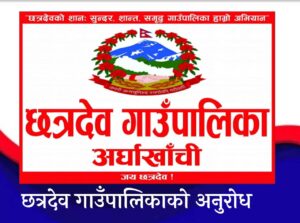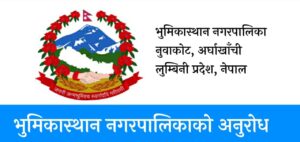15 Jul, 2020
Kathmandu, July 15: The Central Bureau of Statistics (CBS) has released the key findings of the Nepal Multiple Indicator Cluster Survey (NMICS) 2019, conducted with technical and financial support from United Nations Children’s Fund (UNICEF), from May to November 2019.
According to the NMICS national survey, infant mortality rate has decreased over the last five years (2014–2019) from 33 to 25 deaths per 1,000 live births while under-five and neo-natal mortality has also declined from 38 to 28 and 23 to 16 respectively.
In the same period, underweight and stunting amongst children under five declined from 30.1 and 37.5 to 24.3 and 31.5 respectively.
With regard to electricity and telephone access, 89.9 per cent of households have access to electricity and 96.2 per cent have a telephone (land line or mobile) in Nepal. In the area of information and communication technology, nearly half of the households access the internet through a device.
In terms of mobile ownership and usage, men of the age group of 15-49 years are ahead of women of the same age group, with 91.4 per cent claiming to own a cell phone and 96.8 per cent claiming to have used it in the last three months, compared to only 79.3 per cent women owning a mobile and 92.4 per cent using it in the last three months.
Media usage also follows similar gender lines where only 4.1 per cent of women consume any form of media at least once a week, compared to 12.9 per cent of men.
The survey also looked at smoking and found that 2.2 per cent of women and 5.5 per cent of men smoked a cigarette before the age of 15 years. The numbers were slightly lower for alcohol with 5 per cent of women and 7.9 per cent of the men having drunk first alcohol before the age of 15.
In terms of reproductive health, early childbearing appeared to be relatively common, with one in six women aged 20-24 years having had a live birth before the age of 18. Also, 46.7 per cent of women aged 15-49 years who are currently married or in union reported to have been using, or whose partner is using, a contraceptive method.
In terms of happiness, men are happier than women with 64.7 per cent of men reporting to be very or somewhat happy with life while only 62.4 per cent women feeling the same. NMICS 2019 covered 12,800 households and reported these major findings.
Additionally, water quality testing for E. coli and arsenic was performed in 2,536 households where 97.1 per cent were found to be using drinking water from an improved source while 85.1 per cent were found to be at risk of E. coli infection.
NMICS 2019 provides valuable information and the latest evidence on the situation of children and women in Nepal. It provides about 30 Sustainable Development Goals Indicators (SDGIs). Rising Nepal
